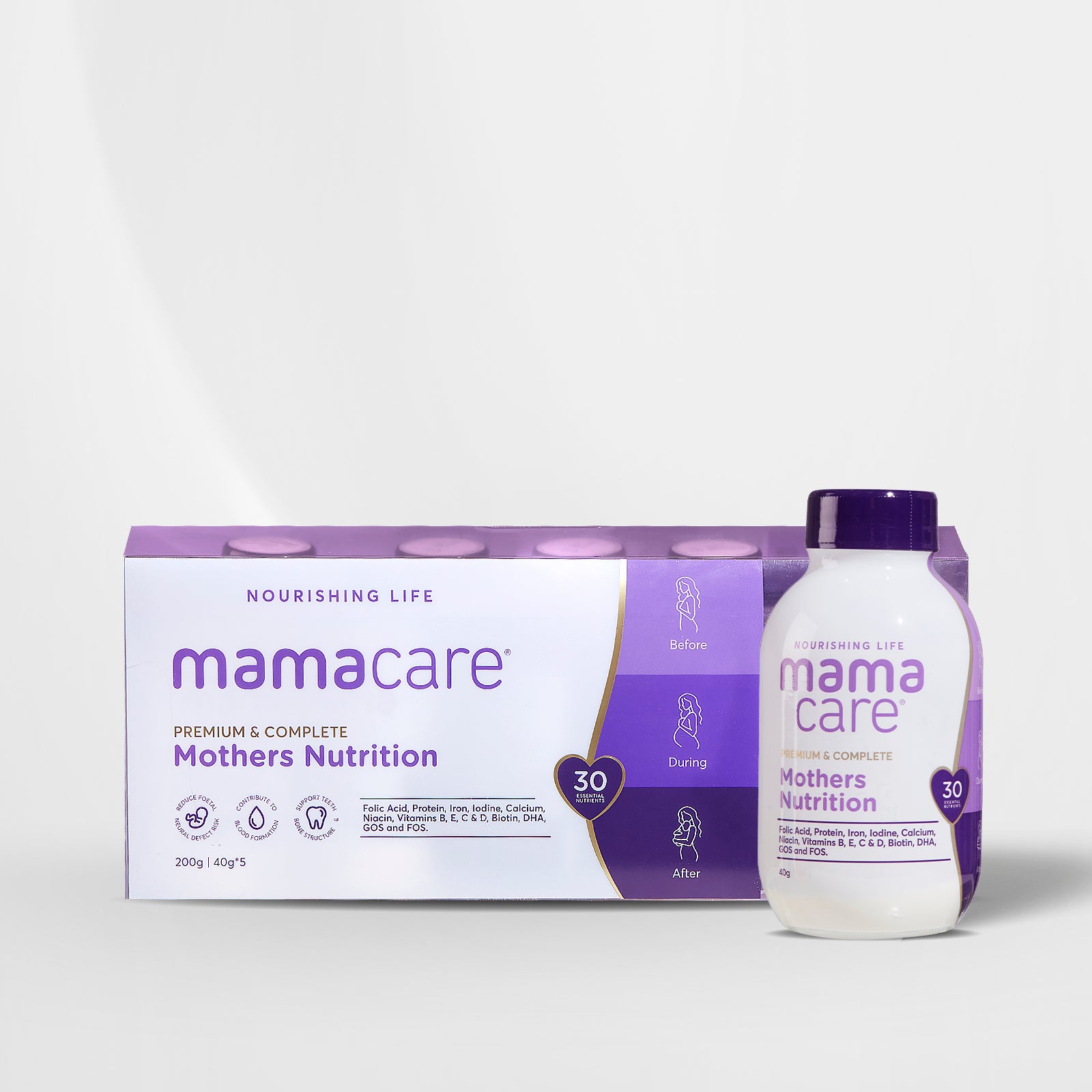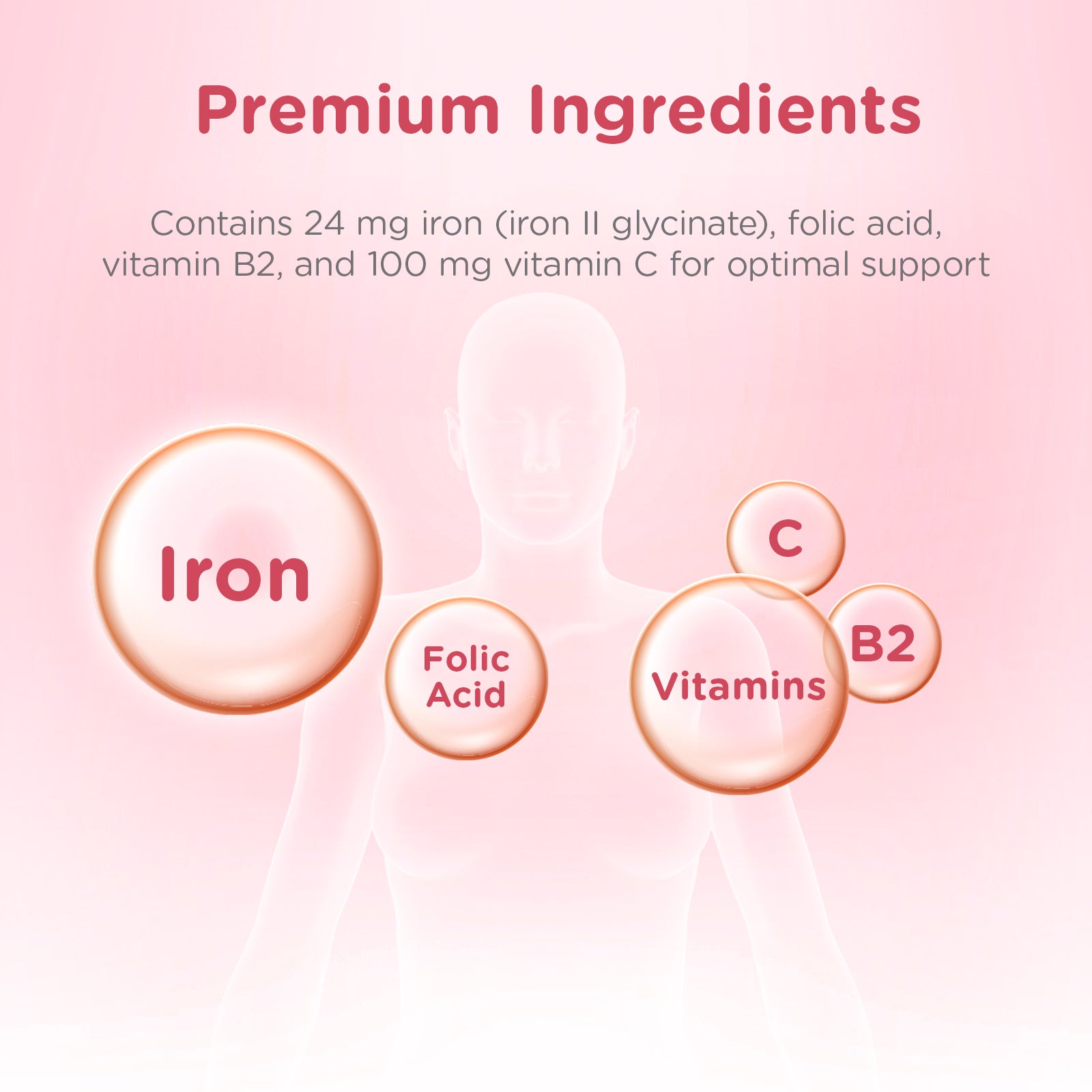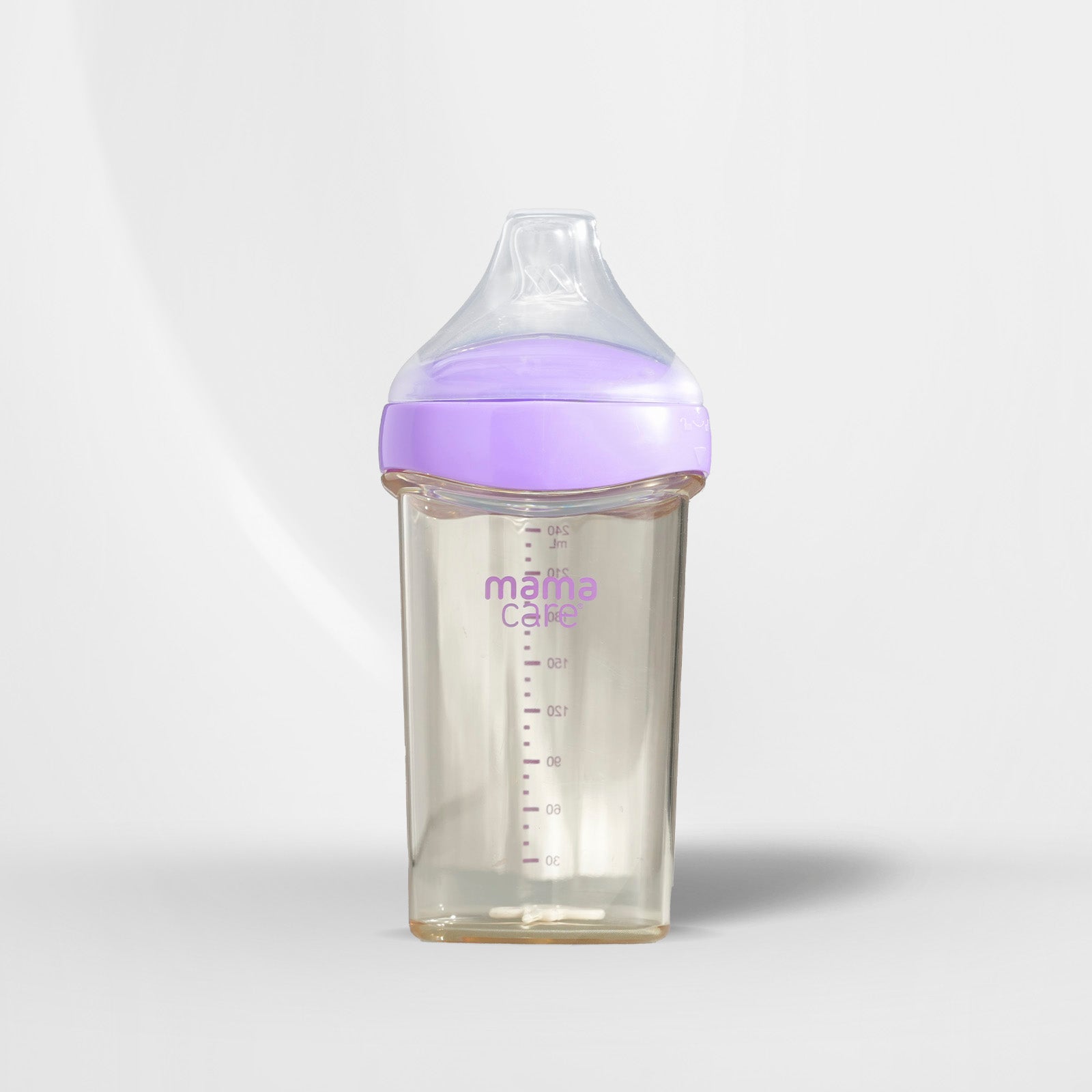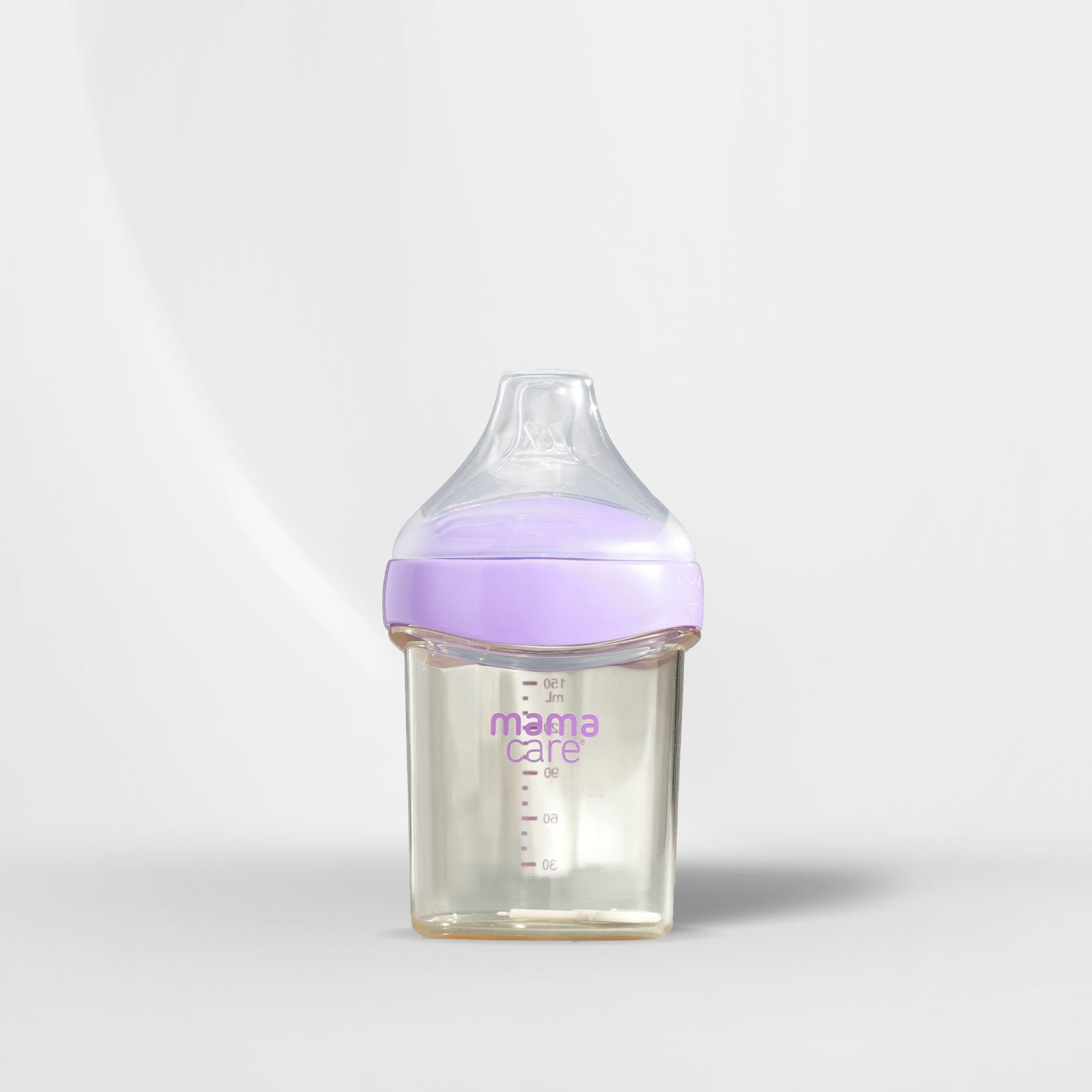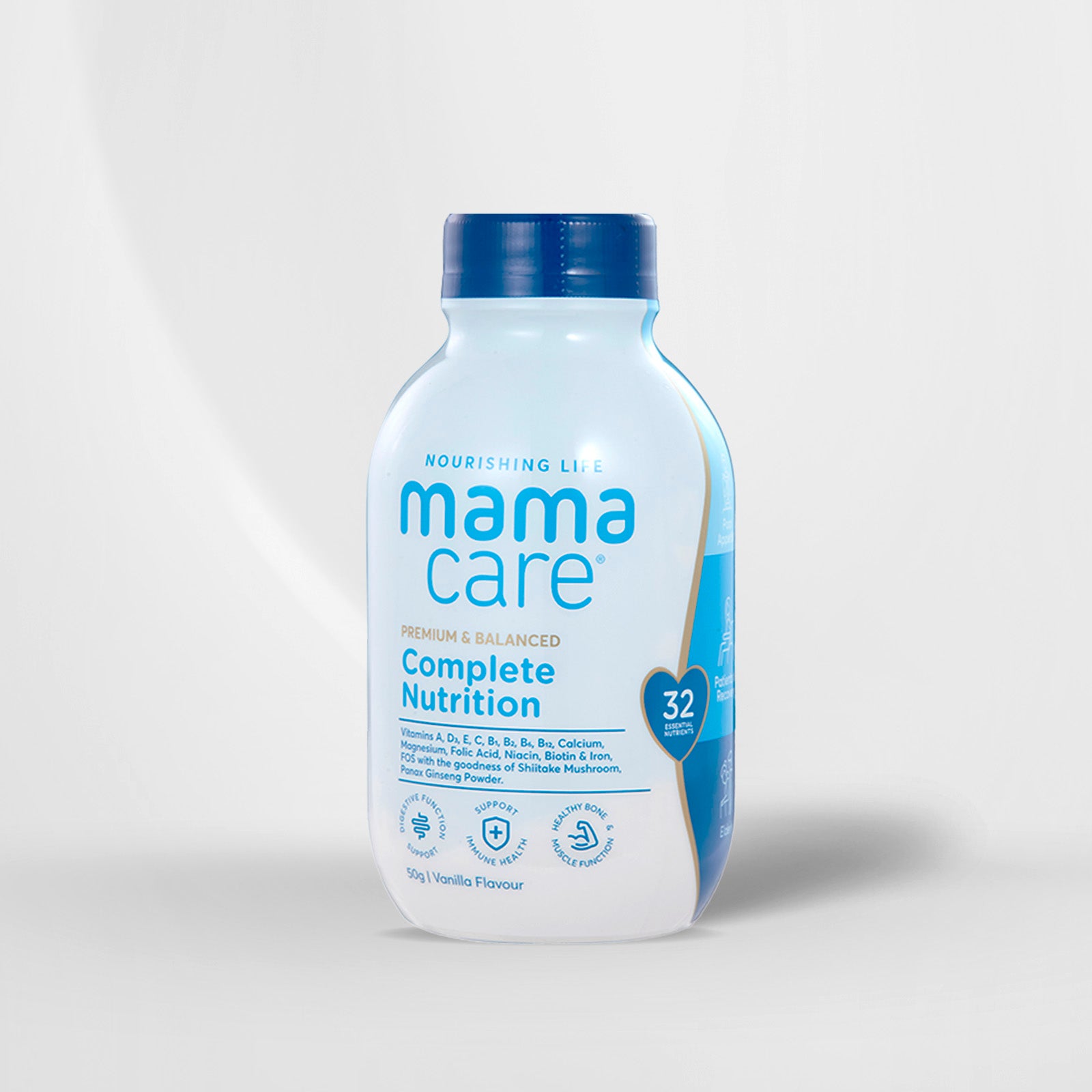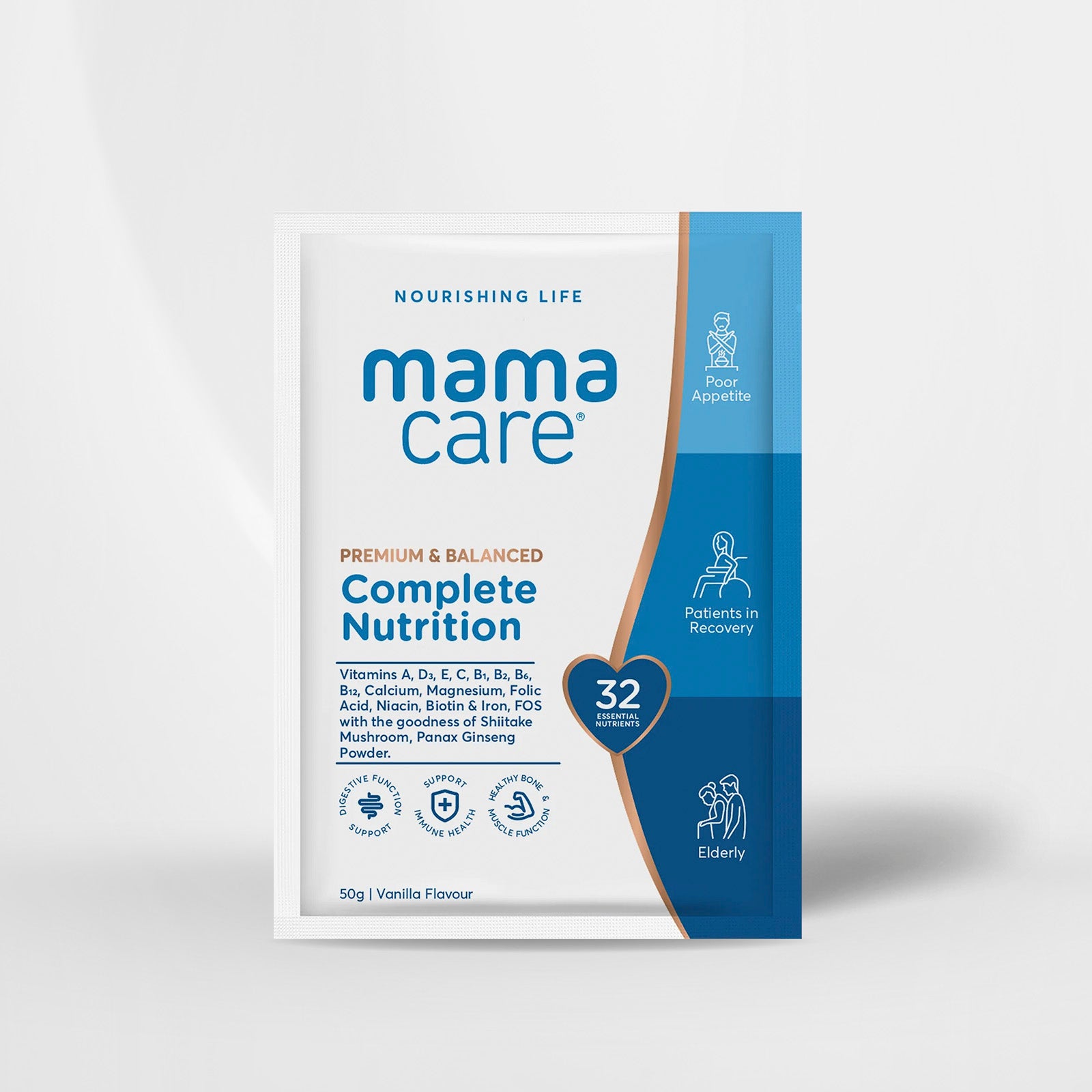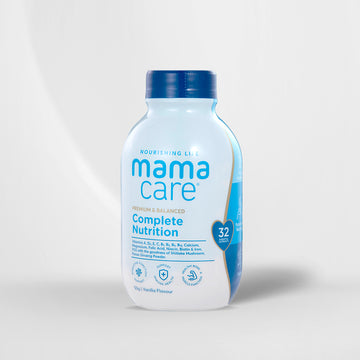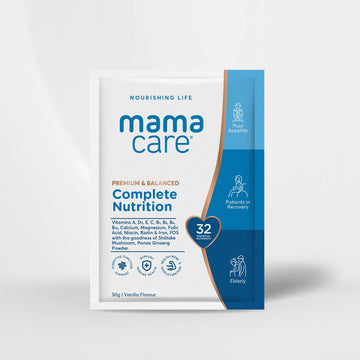



Our Collection
For yourself, mum and friends.
Products
Our promise to you
Expert partnerships, backed by science
Superior, market-leading formulations
Proven results, consumer-tested
Delicious taste, enjoyable experience


Develop evidence-based nutrition with Dr. Beth
Pair text with an image to focus on your chosen product, collection, or blog post. Add details on availability, style, or even provide a review.
Blog posts
Could You Be Taking Too Much Iron During Pregnancy?
During pregnancy, you develop a heightened awareness of your body’s requirements and become more careful about what you consume. Iron functions as an essential element that supports the well-being of both mothers and their developing babies. But here’s something you may not hear often: Taking too many iron supplements for pregnancy can become problematic because excess iron supplements can be harmful. Although consuming more iron seems like an effective way to boost your energy and support your baby’s health, it can result in harmful side effects which are dangerous for both you and your infant. So, what indicators help you determine the optimal iron level? Let’s break it down. Why You Need Iron Supplements for Pregnancy? Iron is essential for your body to create haemoglobin, which enables red blood cells to transport oxygen throughout your entire system. (Source: NIH) The growing needs of your baby during pregnancy require an increase in your blood volume. Your iron requirements will increase accordingly. Insufficient iron intake can lead to iron deficiency anaemia, which produces symptoms such as fatigue, dizziness, and shortness of breath. You should avoid starting with the highest available iron supplements for pregnancy. Can You Have Too Many Iron Supplements for Pregnancy? Iron is essential for pregnant women. But the next question arises – is it safe to consume too many iron supplements for pregnancy? Taking supplements without proper knowledge can sometimes increase iron levels. You should stay aware of your consumption. Although your body maintains iron levels well naturally, excessive iron supplement doses can disrupt this regulation system. The risks increase significantly when consuming high-strength supplements without an identified deficiency and professional healthcare guidance. Iron overdose symptoms might appear vague and resemble typical pregnancy discomforts, which creates diagnostic difficulties. You might experience: Upset tummy: The common health issues include constipation (even worse than usual pregnancy constipation), nausea, vomiting, or stomach pain. Feeling generally unwell: An overload can sometimes result in a general feeling of discomfort. How Do You Know If You’re Getting Too Much? A simple blood test can identify the level of iron in the body. The doctor will examine your ferritin and haemoglobin levels to determine if you have an iron deficiency. High-dose iron supplements may not be necessary if your blood test shows that your levels are normal. Take supplements based on your actual needs instead of consuming products you think you need. Essential Things You Need to Know While Taking Iron Supplements for Pregnancy There are multiple iron supplements available for expectant mothers, but these products vary significantly in quality and formulation. The high iron levels in these supplements fail to be absorbed efficiently in your body, leading to frequent stomach discomfort. Additional components or harsh substances in some supplements increase processing difficulties for your body, particularly during pregnancy because of the sensitive state of your digestive system. Pregnant women should choose iron supplements that feature gentle iron forms such as iron bis-glycinate or iron II glycinate. (Source: PubMed) Choose gentle iron, like iron bis-glycinate or iron II glycinates. Also, look for vitamin C. It helps your body use iron well. Try to avoid things that can make you feel sick or constipated. While looking for the best iron supplements for pregnancy, be careful with the iron you buy at the store that has high doses. More iron is not always better for your health. It might just mean more trips to the bathroom and feeling less comfortable. How Often Should You Take Iron? That depends entirely on your body’s needs. Iron requirements among women vary, as some need it every other day, while others require a daily intake. The key is to avoid self-diagnosing. Regularly consult your healthcare provider to modify your treatment plan during pregnancy. Also, take note: Iron absorption is reduced by substances such as caffeine and dairy products alongside calcium supplements. Take your supplement between meals or consume vitamin C-rich foods such as oranges or strawberries when taking it. MamaCare Iron Supplements – Gentle Iron for Women The MamaCare iron supplements for pregnancy represent the ideal solution to boost your iron levels effectively without excess consumption. It contains a stomach-friendly iron formula that cooperates with your body instead of opposing it, unlike harsh high-dose iron tablets. Each tablet contains: Iron II glycinate at 24 mg provides high absorption rates, so you get the necessary iron without gastrointestinal problems. Folic acid at a 200-mcg level helps create red blood cells while supporting neural tube development. The tablet contains 1.2 mg of vitamin B2 (riboflavin), which supports energy production and helps reduce fatigue. Taking 100 mg of vitamin C boosts iron absorption and strengthens immune system performance. Iron supplements for pregnancy meet women’s special health needs. They are most effective for pregnant and breastfeeding women who require additional iron support, along with women who suffer from low energy levels and mild fatigue. To achieve maximum absorption, take one tablet per day with food or right after eating. You must follow your doctor’s instructions when pregnant or breastfeeding to ensure safety. References: https://pmc.ncbi.nlm.nih.gov/articles/PMC3999603/ https://pmc.ncbi.nlm.nih.gov/articles/PMC8839493/
Learn moreWhy Is It Important to Take Prenatal Vitamins Before, During, and After Pregnancy?
Pregnancy changes the way bodies work in profound ways. You are feeding yourself and the baby growing inside of you. That’s why you need proper prenatal vitamins for postpartum care, during and before pregnancy. Therefore, selecting the right supplement becomes important, alongside understanding the benefits of taking prenatal vitamins. Read on to find out why your journey for nutritional support starts before you even conceive and extends far beyond once your little one arrives. Benefits of Prenatal Vitamins Before Pregnancy Prenatal vitamins are the essential nutrients that prepare and assist your body to conceive and care for the new life you plan to create. Here are the key benefits of taking prenatal vitamins while planning for a child: 1. Builds Nutrient Stores Early Your body needs a fresh start full of energy with excellent health conditions. When you start prenatal vitamins one month before conception, it helps your body store up the nutrients you need. During the initial weeks of pregnancy, many women remain unaware of their condition, yet folate remains essential during this time. 2. Supports Healthy Egg Development Folate, B12, and zinc are essential nutrients. They help you to ovulate. They also help your eggs grow healthy. Complete prenatal supplements for health work to support your reproductive system as well. 3. Prepares the Uterine Lining Iron, along with vitamin D and omega-3 fatty acids, improves uterine blood circulation, which supports nutrient delivery to the uterus. The fertilised egg receives improved conditions for proper implantation and development. 4. Reduces Risk of Birth Defects Prenatal vitamins have folic acid. The consumption of prenatal vitamins reduces the probability of neural tube defects occurring in a baby’s brain or spine. These are called neural tube defects. You should start taking these vitamins before you get pregnant. Taking prenatal vitamins allows your body to maintain sufficient levels of folate. The first 28 days of a baby’s growth require high folate levels for proper development. That’s why prenatal vitamins for postpartum care are essential along with pre-pregnancy. Benefits of Prenatal Vitamins During Pregnancy Prenatal vitamins continue to benefit you during the pregnancy. They fulfil your nutritional needs to nurture the baby’s growth. Here are the key benefits of using the prenatal vitamins during pregnancy: 1. Fills Nutritional Gaps Your pregnancy requires you to increase your nutritional intake. Food alone may not be enough. A quality prenatal vitamin ensures you receive the necessary nutrients during pregnancy. Both you and your baby maintain good health through this. 2. Supports Baby’s Brain and Eye Development The omega-3 fatty acid DHA found in quality prenatal vitamins promotes proper development of the baby’s brain and eyes. During pregnancy, pregnant women need to keep their DHA levels consistent to support their body and baby’s development. (Source: NIH) 3. Maintains Your Energy Levels Pregnancy fatigue is real. The production of blood benefits from consuming iron-rich meals or supplements, as it enables more efficient oxygen circulation throughout the body, which helps maintain energy while minimising the risk of anaemia. 4. Strengthens Bones and Teeth Your bones get stronger through vitamin D and calcium, while these nutrients also support skeletal growth in your unborn baby. If your body lacks enough calcium, it draws calcium from your bones to make up for the deficiency. Benefits of Prenatal Vitamins After Childbirth The babies remain dependent on the mother for nutrition and growth for 6-12 months after birth. So, you need the additional vitamins and nutrition even after giving birth, during the breastfeeding months. Here are the benefits of using prenatal vitamin supplements after childbirth. 1. Replenishes Nutrient Stores The birthing process and breastfeeding period put your body through numerous physical changes. Prenatal vitamins for postpartum care enable rapid restoration of iron, folate, calcium, and essential nutrients in your body. 2. Supports Breast Milk Quality Your dietary choices influence how well nutrients pass into your breast milk. The intake of omega-3 fatty acids, B vitamins, and vitamin D improves both the quality and quantity of your breast milk. 3. Aids Postpartum Recovery Specific nutrients (zinc, iron, Vitamin C) help heal tissues and strengthen the immune system, which is vital for recovering from childbirth, whether it is a vaginal birth or a C-section. 4. Balances Mood and Energy After birth, it’s common to feel drained and emotionally up-and-down (“postnatal depletion”). Nutrients like magnesium, B vitamins, and iron help maintain steady energy levels and a more balanced mood during this demanding time. When to Start Taking Prenatal Vitamins? Start prenatal vitamins before you see two pink lines on the stick. Medical professionals advise that women should begin taking prenatal vitamins for postpartum care one month before attempting to conceive. Specific nutrients, including folic acid, must be present early in the body to minimise neural tube defect risks. As per a study, women who took folic acid before conception and during early pregnancy achieved a 72% reduction in neural tube defects. Early supplementation is critical because you cannot correct this deficiency after conception. (Source: PubMed) MamaCare: Your Partner in Every Stage MamaCare Mothers Nutrition 480g is one of the best prenatal vitamins for postpartum care, providing essential support for all stages of motherhood, including before, during, and after birth. It’s more than prenatal. This Australian pharmaceutical-grade nutritional supplement offers comprehensive support throughout all stages of motherhood. Key Benefits: Folic acid enrichment helps lower neural tube defect risks. This product contains calcium, which helps maintain strong bones and teeth. This product provides iron to help sustain both normal blood production and energy levels. This product contains Omega-3 (DHA), which supports healthy development of the brain and eyes. The product is enhanced with prebiotic fibres GOS and FOS to improve digestive health. This supplement is best suited for expecting mothers and breastfeeding or postnatal mums. Select MamaCare prenatal vitamins for complete postpartum care to support every stage of motherhood. References: https://pmc.ncbi.nlm.nih.gov/articles/PMC3046737/ https://pmc.ncbi.nlm.nih.gov/articles/PMC9875360/
Learn moreWhat Are the Recommended Nutrition Guidelines for Managing Diabetes?
Diabetes demands careful dietary choices that influence your entire eating plan. Every bite matters. Diabetic nutrition supplements provide essential blood sugar control while delivering energy and supporting overall health, extending their benefits beyond their primary purpose. Everyone diagnosed with diabetes and those who want to improve their daily diet must understand which foods to consume to ensure their body obtains the necessary nutrients. Simplifying your method gives you control over your nutritional plan. Carbohydrates: Choose Wisely During digestion, carbohydrates transform into glucose, which makes them more impactful on blood glucose levels than other nutrients. But not all carbs are created equal. Focus on Quality: Seek out carbohydrates that offer both high fibre content and low glycaemic index ratings. Low GI foods allow glucose to enter your bloodstream at a slow and steady pace, which helps maintain stable blood sugar levels. Choose high-fibre carbohydrate options, such as wholegrain bread and rolled oats, as well as legumes like lentils, chickpeas, sweet potatoes, and most fruits. Portion Awareness: Healthy carbohydrates impact blood sugar levels, which makes controlling portion sizes essential. Your dietitian or diabetes educator will guide you in calculating the proper carbohydrate portions needed for your meals and snacks based on your requirements. Many people consider carbohydrate counting to be a convenient ability. Protein Power Protein plays a crucial role in tissue construction and repair and helps extend feelings of fullness, which supports weight management and appetite control. Lean Choices: Choose lean fish, skinless chicken and turkey breasts, eggs, tofu, and legumes and eat lean red meat only occasionally. Spread it Out: Consuming protein with every meal helps maintain steady blood sugar levels. Fabulous Fats Your body requires fats as an energy source, and they also assist in vitamin absorption. The key is choosing the right types. Healthy Fats: Avocados, nuts, seeds, olive oil and oily fishes like salmon and sardines provide the best sources of unsaturated fats because they contain omega-3 fatty acids. Limit Unhealthy Fats: Reduce your intake of saturated fats from fatty meats and other sources, together with trans fats present in baked goods and fried foods. The risk of heart disease increases when consuming these fats because people with diabetes already experience higher heart disease risks. Fibre: Your Digestive Friend Fibre is a powerhouse for diabetes management. The slowing digestion process prevents quick increases in blood sugar levels after eating. It supports digestive health while aiding in weight control. Aim High: Most Australians don’t get enough fibre. Include plenty of vegetables and fruits (skin on! Your diet should contain plenty of vegetables combined with whole grains, legumes, nuts and seeds. Multiple studies demonstrating the advantages of fibre for blood sugar regulation have appeared in the Diabetes Care journal, according to research by Weickert & Pfeiffer (2008). Micronutrients: The Unsung Heroes People with diabetes need vitamins and minerals to maintain optimal glucose metabolism and overall health. Chromium: Helps insulin work more effectively. Found in whole grains, broccoli, and nuts. Magnesium: Involved in insulin secretion and action. People get magnesium from green leafy vegetables as well as from nuts, seeds and whole grains. Zinc: Zinc functions as a key component in both insulin production and storage mechanisms. Oysters and lean red meat, along with poultry nuts and seeds, provide zinc. Although a balanced diet should provide these nutrients, people may find it challenging to achieve an adequate intake. Individuals with specific dietary limitations or elevated nutritional needs should consider specialised diabetic nutrition supplements in this area. Diabetic Nutrition Supplements When it comes to diabetes management, the saying “You are what you eat” becomes particularly important. Maintaining steady blood sugar levels requires proper amounts of carbohydrates, protein, fats, fibre and essential vitamins. Diabetic nutrition supplements stand out because they provide meal support, fill nutritional deficiencies, and improve energy regulation. Medical nutrition therapy combined with targeted supplementation leads to better glycaemic control in type 2 diabetes patients, according to a Diabetes Care study by the American Diabetes Association (2019). Through proper nutrition, you are not merely controlling test values but also providing your body with daily well-being. MamaCare’s Suggestion: Diabetic Nutrition If you’re looking for a real solution to support your health, consider MamaCare Diabetic Nutrition. It’s not just a shake — it’s a thoughtfully designed, Australian pharmaceutical-grade diabetic nutrition supplement built around what your body truly needs. What You Get: Low-sugar formula with isomaltulose to help you manage blood glucose throughout the day 37 essential nutrients, including chromium and zinc, to promote better metabolism Fortified with natural plant-based ingredients like cinnamon, bitter gourd, and fenugreek to give your blood sugar that extra support Enhanced with prebiotic FOS for improved digestion Powered by vitamin B complex to keep your energy levels steady Who Can Take It? Anyone managing diabetes or pre-diabetes or individuals requiring a balanced nutrition plan that complements their medical care. Direction: Mix 50g of MamaCare Diabetic Nutrition Powder with 200 mL of room-temperature water, stir until dissolved, and drink immediately. Take 1–2 times daily.
Learn more





